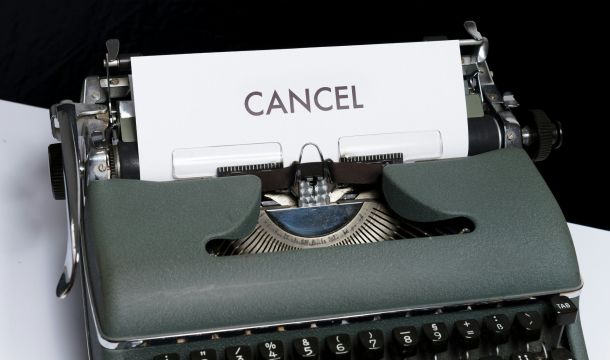Can An Employer Ask for Proof of COVID Vaccination?
Today, the CDC issued new guidance regarding persons who have been fully vaccinated aganst COVID-19. Now, fully vaccinated people no longer need to wear a mask or physically distance in any setting, except where required by federal, state, local, tribal, or territorial laws, rules, and regulations, including local business and workplace guidance. [People are considered to be fully vaccinated approximately two weeks after receiving the second of a 2 shot series (Pfizer or Moderna), or two weeks after receiving the one J&J shot.]
There are some places where even fully vaccinated should continue to wear masks, such as healthcare settings, public transportation, transportation hubs, homeless shelters, prisons, and jails.
For non-healthcare settings, employers can allow their fully vaccinated employees to stop wearing masks and socially distancing from one another. But how does an employer know which employees have been fully vaccinated, and which have not? Just ask.
The U.S. Equal Employment Opportunity Commision (EEOC) has issued its own guidance regarding employer inquiries about employee vaccination status. In fact, the EEOC states that it is not only lawful for an employer to ask an employee about his/her vaccination status, but the employer can also require proof of vaccination:
Is asking or requiring an employee to show proof of receipt of a COVID-19 vaccination a disability-related inquiry?
No. There are many reasons that may explain why an employee has not been vaccinated, which may or may not be disability-related. Simply requesting proof of receipt of a COVID-19 vaccination is not likely to elicit information about a disability and, therefore, is not a disability-related inquiry. However, subsequent employer questions, such as asking why an individual did not receive a vaccination, may elicit information about a disability and would be subject to the pertinent ADA standard that they be “job-related and consistent with business necessity.” If an employer requires employees to provide proof that they have received a COVID-19 vaccination from a pharmacy or their own health care provider, the employer may want to warn the employee not to provide any medical information as part of the proof in order to avoid implicating the ADA.
What You Should Know About COVID-19 and the ADA, the Rehabilitation Act, and Other EEO Laws
And what about the employee who refuses to disclose his/her vaccination status on the grounds that “HIPAA protects this information?” Unless your business is the employee’s health care provider, this is not a valid excuse. Many people misunderstand the scope of HIPAA and believe it has a greater reach than it really does. HIPAA only applies to what are called ” covered entities.” Essentially, those are health care providers (doctors, hospitals, and pharmacies, for instance), health insurers, and health care clearinghouses (which process medical data). It also covers their “business associates,” or contractors who have to handle medical records in some way to do work for those covered entities. It does not apply to the average person or to a business outside health care.

Kathleen J. Jennings is a former principal in the Atlanta office of Wimberly, Lawson, Steckel, Schneider, & Stine, P.C. She defends employers in employment matters, such as sexual harassment, discrimination, Wage and Hour, OSHA, restrictive covenants, and other employment litigation and provides training and counseling to employers in employment matters.
Related Content
Get Email Updates
Recent Content

TPS Update (as of 2/6/2026)

Job Interviews Can Be a Good Selection Device

Suggestions on How to Diffuse a Tense Situation

Employers Blame Unions for Recent Shutdowns

$27 Million Verdict against Employer on Disability Discrimination over Refusal to Return Employee to Work



